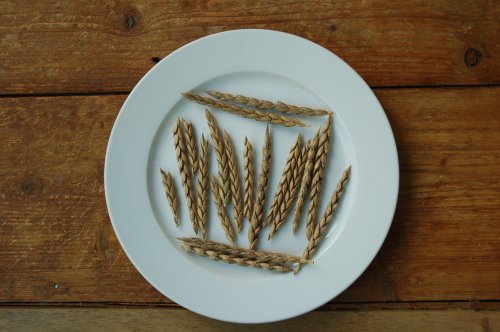I recently came across an interesting blog called Junkfood Science.
This blog written by Sandy Szwarc is not a ‘normal’ blog in that you can’t leave comments and it’s clearly not run by an amateur. Sandy appears to be a well established journalist. This blog is also very North American (mostly United States) in flavor, and may not be of great interest to people not living there or who otherwise don’t have roots in the area. This blog also has very little to do with gardening.
What I find interesting about this blog is that while written mostly from the perspective of a health professional and nutritional specialist, it has a very similar tone and point of view as this blog has to biodiversity, gardening, agriculture and processed food. Most of the topics she addresses on her blog have a direct counter part with something discussed over here.
I think it’s a very interesting blog to read along side this one!
Also, if you are interested in learning more about the US health care system, I recommend Michael Moore’s latest film Sicko.


